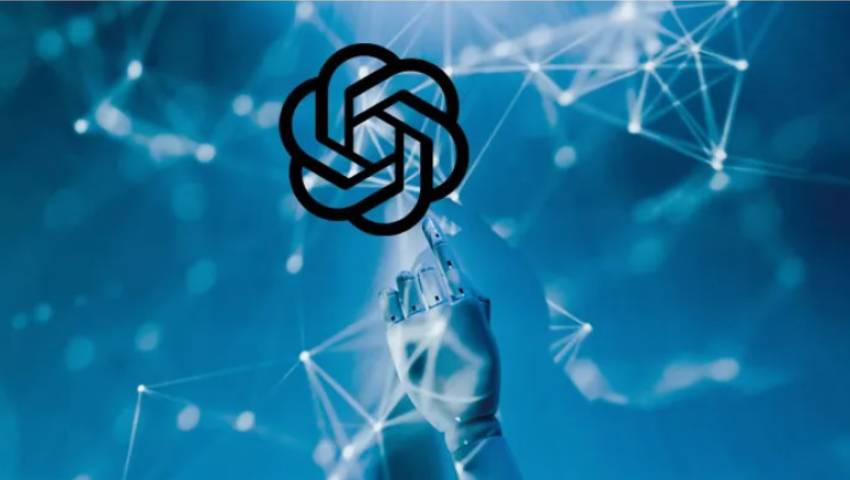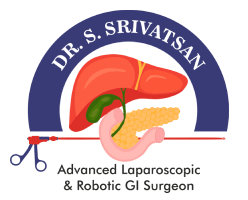
- 26/01/2023
- Dr. Srivatsan Gurumurthy
- 0 Comments
- Blog
We Asked ChatGPT How It Will Revolutionize Health Care. Here Is The Reply
Unless one is living under a rock, there is no way you would not have heard about Chat GPT over the past few weeks and how it is revolutionizing the way information is shared across the web. In seconds.
There are widespread discussions if it will replace content writers, or other professionals, removing a flurry of humans in the job market. As experts say, Artficial Intelligence (AI) is here to stay. And it will only possibly eliminate those who haven’t yet integrated their work and services with AI.
From writing to research to education to healthcare, there is no field untouched by how AI and Chat GPT in particular, can help. And as a part of the health and wellness content space, we had to explore Chat GPT to see if it answered our most pressing questions. Here is what we asked the AI tool!
How will ChatGPT revolutionise healthcare?
ChatGPT, as a language generation model, has the potential to revolutionize healthcare by improving the efficiency and accuracy of communication between healthcare professionals and patients, and by assisting with tasks such as medical documentation and data analysis. For example, it could be used to generate automated patient summaries, assist with medical coding and billing, and help with patient diagnosis and treatment planning. Additionally, it could be used to generate personalized health education materials for patients, and to assist with clinical trial recruitment and consent.
Will ChatGPT replace doctors?
Which are the medical specialities likely to be replaced by artificial intelligence in the near future?
It is unlikely that any medical specialties will be fully replaced by artificial intelligence (AI) in the near future. However, there are certain tasks within certain medical specialties that AI may be able to perform more efficiently and accurately than humans, such as medical imaging analysis, medical coding, and medical diagnosis.
For example, AI algorithms can be trained to identify patterns in medical images that may be difficult for human radiologists to detect, such as small tumors or signs of disease. This means that AI can assist radiologists in their work by providing them with more accurate and up-to-date information, which can help them make more informed decisions about patient care.
AI can also be used to assist in clinical decision making, by providing doctors with a list of possible diagnoses and treatments based on a patient’s symptoms, medical history, and test results. The goal is to enhance and assist doctors not replace them.
It’s important to note that AI is not a replacement for human judgement, empathy, and expertise, and it should always be used in conjunction with human oversight.
What is the role of artificial intelligence in gastrointestinal cancer surgery?
Artificial intelligence (AI) has the potential to play a significant role in gastrointestinal cancer surgery. The field of AI in surgery is still relatively new and developing, but there are several areas where AI can be used to improve patient outcomes and increase the efficiency of surgical procedures.
One area where AI is being used in gastrointestinal cancer surgery is in the analysis of medical images. AI algorithms can be trained to identify patterns in medical images that may be difficult for human radiologists to detect, such as small tumors or signs of disease. This can help surgeons to more accurately plan and execute their surgeries, and to minimize the risk of complications.
AI can also be used in robotic surgery, where AI-powered systems can provide assistance to surgeons in real-time, such as by controlling the movement of robotic arms, providing visual guidance, and monitoring the patient’s vital signs. This can help to improve the precision and accuracy of surgical procedures, and to reduce the risk of complications.
AI can also be used to assist in clinical decision making, by providing doctors with a list of possible diagnoses and treatments based on a patient’s symptoms, medical history, and test results. This can help to reduce the time taken for diagnosis, and increase the chances of success of the surgery.
It’s worth noting that AI is not a replacement for human judgement, expertise, and empathy, and it should always be used in conjunction with human oversight. The use of AI in surgery is still in its infancy and it’s important to evaluate the safety and efficacy of these systems before they can be widely adopted in clinical practice.
How will ChatGPT help doctors in the years to come?
In the years to come, ChatGPT and other language generation models have the potential to assist doctors in a variety of ways, such as:
- Medical documentation: ChatGPT can be used to generate automated patient summaries, discharge summaries and other clinical documents, reducing the time and effort required for doctors to complete these tasks.
- Clinical decision support: ChatGPT can be trained to provide doctors with a list of possible diagnoses and treatments based on a patient’s symptoms, medical history, and test results, helping doctors make more informed decisions about patient care.
- Medical education: ChatGPT can be used to generate personalized health education materials for patients, helping them better understand their condition and treatment options.
- Clinical trial recruitment and consent: ChatGPT can be used to generate personalized and accurate information about clinical trials and help in the process of recruiting and consenting patients.
- Natural Language Processing (NLP) for medical data analysis: ChatGPT can be used to extract information from unstructured data such as medical records and research papers, helping doctors to more easily access and understand relevant information.
It’s important to note that ChatGPT and other AI models are not intended to replace doctors, but rather to assist them in their work by automating certain tasks and by providing them with more accurate and up-to-date information. However, it is not able to replace the human judgement, empathy, and expertise of healthcare professionals, and it should always be used in conjunction with human oversight.
